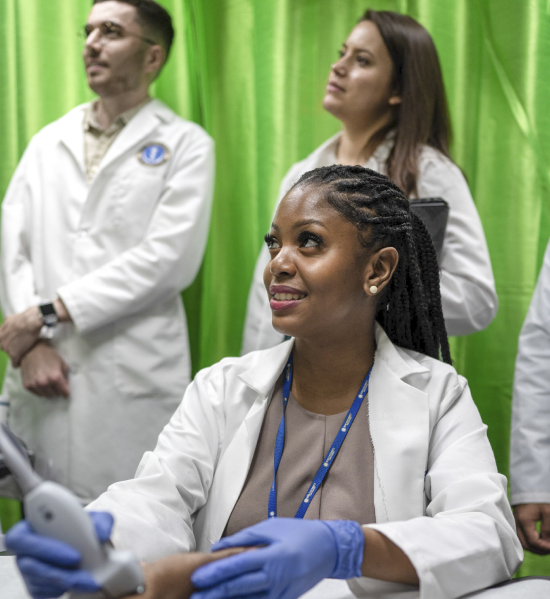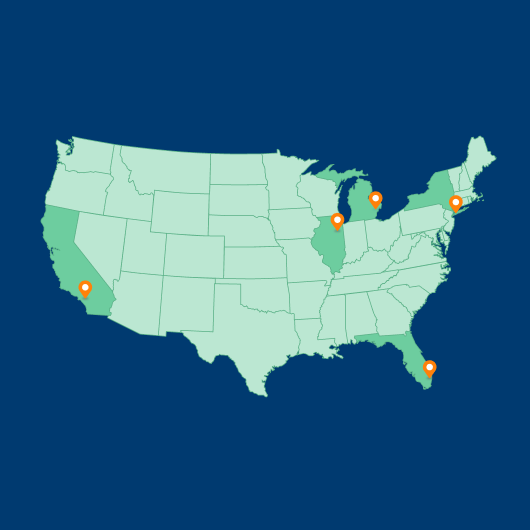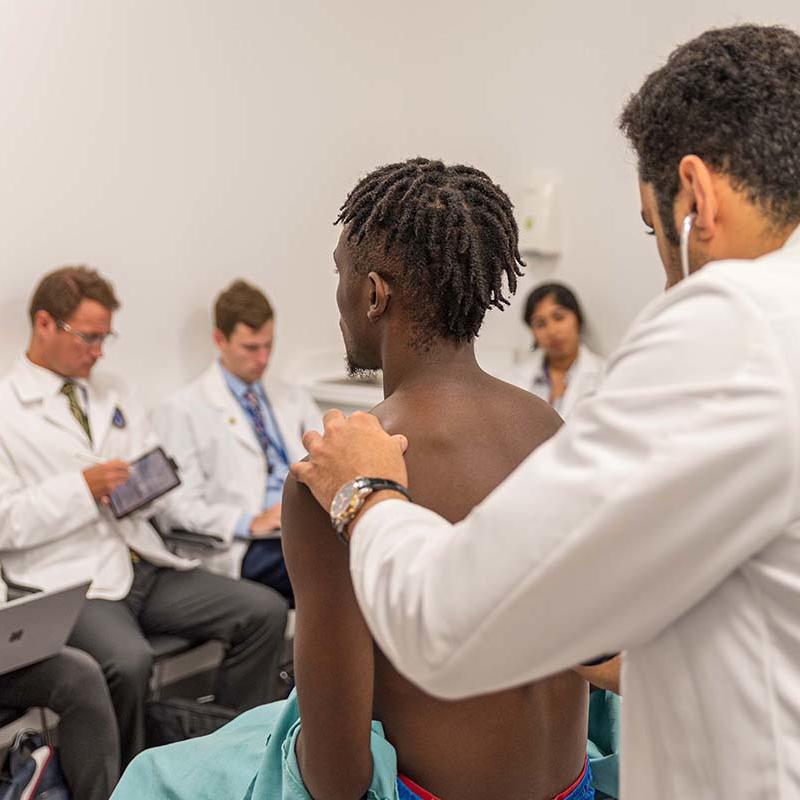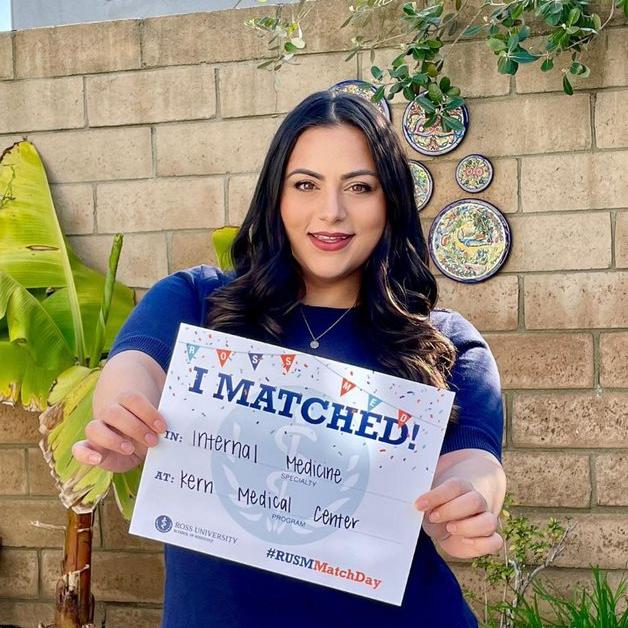Overview
After completing the Medical Sciences curriculum in Barbados, your Ross Med journey continues in years 3 and 4 as you begin your Clinical Education curriculum at teaching hospitals in the United States.
During this time, you will also prepare for and take the United States Medical License Examination® (USMLE®) Step 1 and Step 2.
Because Ross Med students begin clinical training and patient interaction in their first semester, you’ll be well prepared as you begin these clinical rotations and prepare for residency.
All Clinical Rotations
Below, you view all the clinical rotations courses available. Required clerkships (48 weeks) are listed alongside subspecialties in each area.
Core Clinical Rotations
320 Medicine
| 321 Cardiology | 329 Nephrology |
| 322 Critical Care Medicine | 330 Oncology |
| 323 Emergency Medicine | 331 Pulmonary Disease |
| 324 Endocrinology | 332 Rheumatology |
| 325 Gastroenterology | 333 Rehabilitation Medicine |
| 327 Infectious Disease | 336 Sports Medicine |
| 328 Allergy and Immunology | 337 Tropical Medicine |
| 338 Medicine Subinternship |
410 Obstetrics/Gynecology
| 411 Obstetrics/ Gynecology Subinternship |
490 Pediatrics
| 491 Pediatrics Subinternship |
540 Psychology
| 540 Psychology |
610 Surgery
| 611 Colon and Rectal Surgery | 623 Ophthalmology |
| 612 Neurological Surgery | 626 Hand Surgery |
| 613 Orthopedic Surgery | 627 Surgical Subinternship |
| 615 Plastic Surgery | 628 Pediatric Surgery |
| 617 Urology | 640 Burn Surgery |
| 618 Vascular Surgery | 641 Shock Trauma Surgery |
| 619 Otolaryngology | 642 Cardiothoracic Surgery |
| 620 Trauma Surgery |
710 Family Medicine
| 710 Family Medicine |
Electives
After core training, students participate in 42 weeks of elective clerkships.
Elective Courses
| 820 Neonatology | 837 Intensive Care Unit |
| 803 Neurological Pathology | 839 Ob/ Gyn Anesthesia |
| 805 Ambulatory Internal Medicine | 840 Medical Ethics |
| 806 Neurology | 851 Pathology |
| 807 Anesthesiology | 853 Pediatric Infectious Disease |
| 808 Emergency Room | 854 Pediatric Genetics |
| 812 Clinical Pathology | 857 Preventive Medicine |
| 813 Clinical Radiology | 858 Primary Care |
| 815 Radiation Oncology | 859 Psychiatry Elective |
| 816 Radiology | 866 Substance Abuse |
| 817 Dermatology | 872 Pediatric Orthopedics |
| 819 Public Health | 873 Surgical Elective |
| 821 Electrocardiography | 875 Medicine Elective |
| 822 Family Medicine Elective | 877 Podiatry |
| 825 General Surgery Elective | 879 Neonatal Intensive Care Unit |
| 828 Hyperbaric Medicine/Wound Care | 882 Pediatric Elective |
| 830 Gynecological Surgery | 892 Ob/ Gyn Elective |
| 833 Perinatology | 896 Adolescent Medicine |
| 834 Infertility | 897 Physical Medicine and Rehabilitation |
Research Electives
| 860 Pediatrics Research Elective | 870 Clinical Research Elective |





